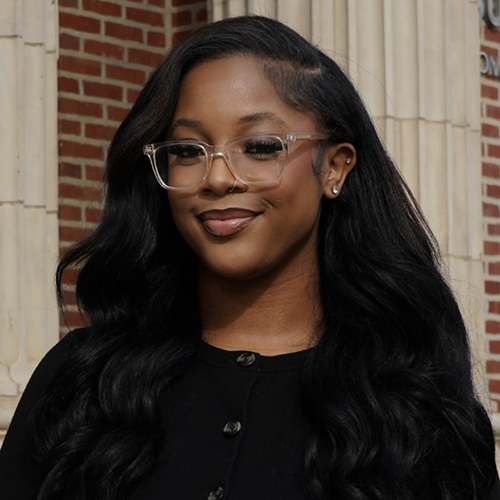Twice the talent, half the pay. Twice the work, half the praise. Black women’s excellence has been met with inequity far too much for far too long. Despite our undeniable influence on beauty trends and standards, Black women influencers are often undervalued, underpaid and overlooked. Sevensix Agency collects data from hundreds of influencers in the U.K. and beyond, and their 2024 Influencer Pricing Report revealed that Black influencers are paid 34 percent less than white influencers. Stanford researchers also show influencers of color are more likely to be asked to work for free and less likely to be offered discounts and free products. Black influencers deserve fair pay for the platforms they build and the troubling reality is that despite Black influencers’ contributions, they continue to face significant inequities. While the beauty industry is celebrated for its creativity and attempts at diversity, it has yet to truly address the pay disparities that impact Black creators and influencers.
The conversation surrounding pay inequity in the beauty industry has gained a lot of attention – especially since Tik Tok became popular and the number and popularity of beauty influencers began to rise. Studies have shown that Black influencers are paid significantly less than their non-Black counterparts. These disparities exist despite the fact that Black women consistently drive beauty trends and hold influential positions within the industry.
The root cause of this pay gap is the intersection of systemic racism and sexism that disproportionately affects Black women. Social media platforms fail to amplify Black creators’ content, limiting their reach and visibility. Prior to 2020, brands and big corporations had often chosen to work with non-Black creators while completely ignoring Black creators who set trends and cultivate large, engaged communities. This bias not only restricts Black women influencers from earning fair pay but also does not adequately reflect the diverse voices that define the beauty industry.
Notable Black creators – like Jackie Aina and Golloria George – have already demonstrated the transformative power of diversity and representation in the beauty industry. Both of them have built successful platforms by amplifying the need for inclusivity and showing how influential and culturally essential Black women are. Equitable pay practices can lead to greater diversity in the industry. When representation thrives, the beauty industry as a whole benefits from increased innovation, cultural awareness and authenticity.
Representation within the beauty industry has a significant impact that extends beyond the influencers. When Black women influencers are visible, well-compensated and supported, it fosters a more inclusive community that resonates with consumers who have long been excluded. This allows all consumers – regardless of background – to feel seen, validated and embraced by the beauty industry.
Another significant barrier to addressing the pay gap that Black women influencers face is the absence of organizations specifically dedicated to addressing pay inequity within the beauty industry. Influencer Pay Gap – an Instagram profile dedicated to advocating for pay transparency and accountability – highlights the discrepancies in compensation, unethical business practices and tips that influencers should use when navigating contracts and negotiating fair pay. Though this kind of work is essential to creating an industry where Black creators are valued and fairly compensated for their contributions, more collective action is needed to further build and sustain this momentum. While some advocacy groups focus on broader issues like diversity and inclusion among the influencer community, very few are focused on addressing pay disparities for influencers specifically. However, there are several organizations doing exceptional work to close the pay gap for Black women, including Black Women’s Roundtable and the National Council for Negro Women. By supporting movements like this and encouraging others to share their experiences, we can amplify the call for fair pay and treatment, and enact change.
The fight for pay equity in the beauty industry is more than a matter of income – it’s a matter of respect, recognition and representation. Black women deserve to be fairly compensated for the immense value they bring to the beauty industry. As consumers, brands and creators, we all have a responsibility to challenge the industry to uphold fairness and equality. Together we can influence meaningful change, ensuring that Black women are heard, seen and valued within the beauty industry.
Credits: Author would like to thank Brittany Williams, Marissa Ditkowsky, Kate Gallagher Robbins, Gail Zuagar and Mettabel Law for their contributions.


